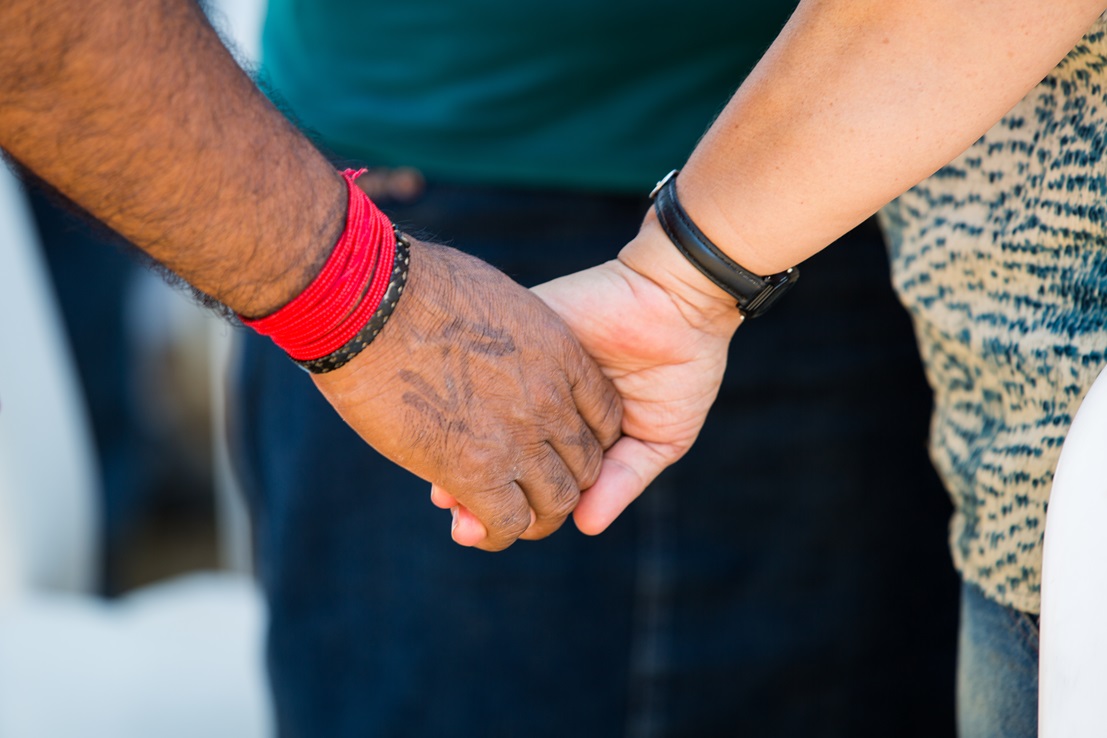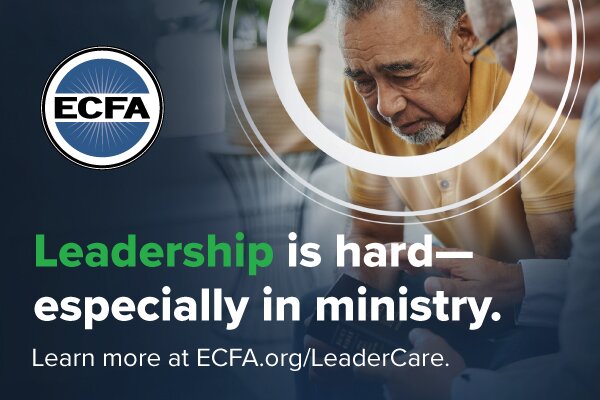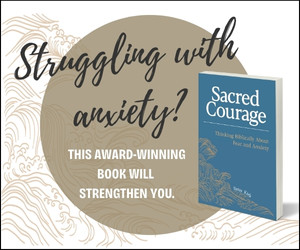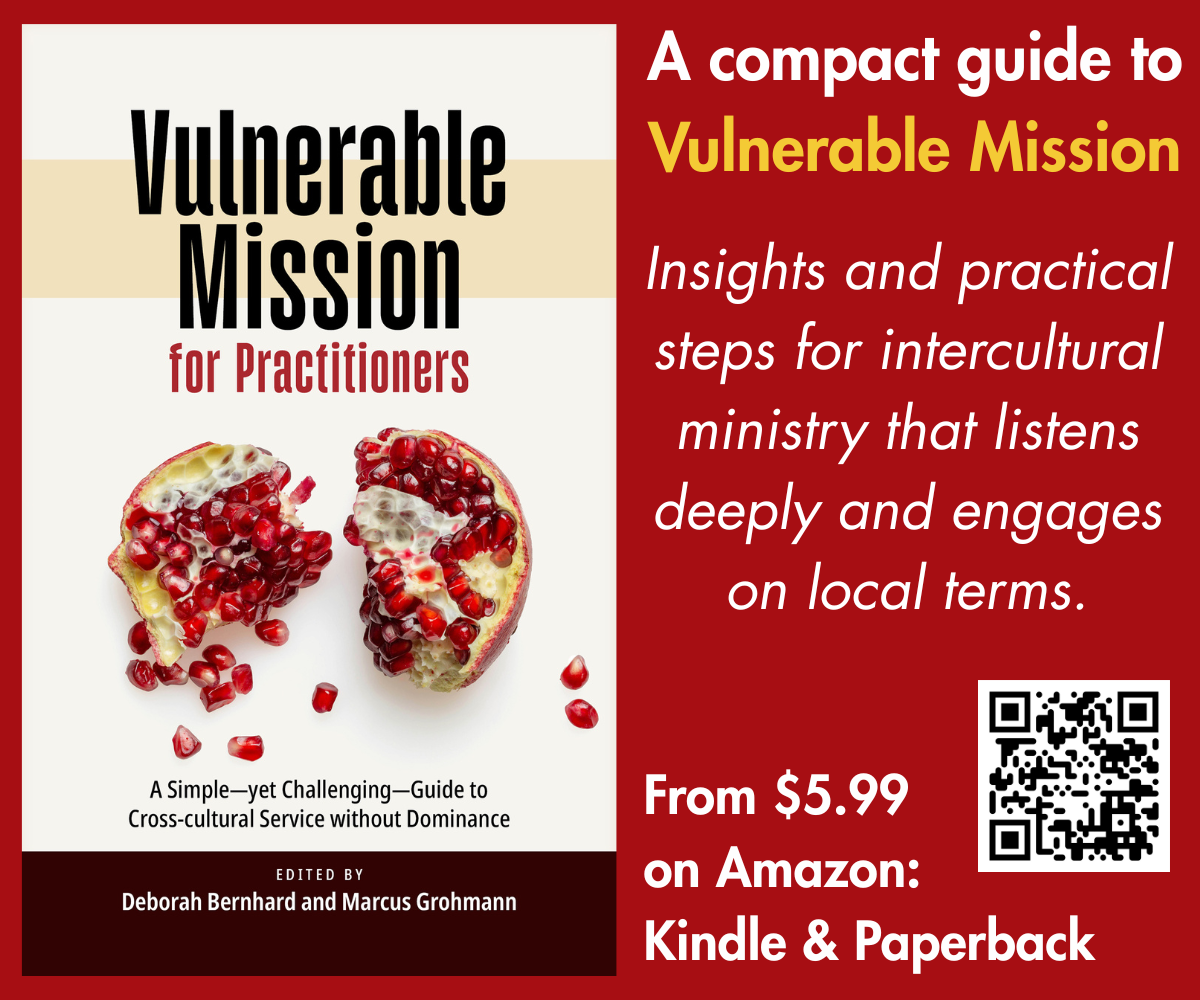EMQ » April–July 2024 » Volume 60 Issue 2

Summary: Indigenous Christians are realizing that the church does not belong to any ethnic group. They see that unity and collaboration applies to the whole church and are the way God desires for his people to participate together in what he is doing. And they are joining with their global brothers and sisters as equal partners in participating with God in his global mission.
By Henrique Dias Terena and César Rodríguez Sáenz
In some Indigenous villages, parents and grandparents still sit with their children and grandchildren early in the morning to share oral instructions for life. Unity is a core part of the Indigenous identity which is communicated through advice like this:
- To the parents: “The life you show to your children, that is what they will be when they grow up.”
- To the children: “What you are today at home, that is what you will be with your spouse, children, and community.”
In an Indigenous village, no one sits around analyzing the definition of unity. It is communicated through daily life. Being a good person entails being in harmony with those with whom you live and relate. Indigenous people have a collective mentality, meet to make decisions together, and value the voice of each person in their village.
Today, the Indigenous reality is more complex. A balance must be made between the perceptions of the village Indigenous and the Indigenous who have been academically trained and learned Western culture. But unity remains an important value for tribal peoples across contexts. Young people still turn to the village elders for guidance when a threat is perceived that may have a consequence of damaging unity and harmony within the group.
Member-Only Access
Evangelical Missions Quarterly (EMQ) is available to Missio Nexus members as a member-only benefit or as a digital subscription.
Please login to gain access or join Missio Nexus!






